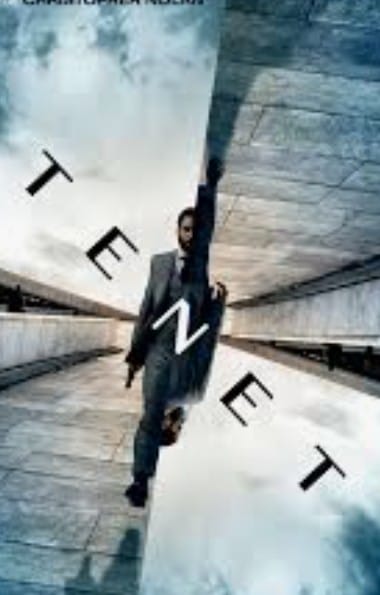If you were confused throughout the movie, then you fell into Nolan’s trap. The aim of this movie is not to provide answers but to keep the audience in continuous confusion. Superstar director Christopher Nolan, with his trademark time travel themes, has mesmerized global audiences with films like ‘The Dark Knight,’ ‘Memento,’ ‘Inception,’ and ‘Interstellar.’ However, I couldn’t get that same feeling from this movie. I believe in the cinematic principle proposed by him that a movie should be an expression of the subconscious mind.
The central idea revolves around a CIA agent and his companion, who, against the backdrop of the Cold War, use a technology called ‘Reversing the flow of Time’ and collaborate with a secret organization called ‘Tenet’ to prevent a third world war. By mixing hypothetical theories like Time Inversion, Molecular Entropy, Grandfather Paradox, Plutonium 241, Linear Time Travel, and Turnstyle with a typical James Bond-style action movie, and by using the dialogue ‘Don’t Try To Understand, Just Feel it’ as a convenient writing tool in the subtext, the story and narrative lose direction. The screenplay seems to have the sole objective of confusing the audience rather than convincing them, disrupting the ‘Mood Of The Auditorium’ and dropping the emotional graph. The story is 0% reality and 100% fictional confusion, causing some disarray.
For example, consider the Grandfather Paradox: if someone travels back in time to kill their grandfather, thereby questioning their own existence, is that even possible? There is no clear answer to this question. Relying on dialogues to convey the film’s central technology, instead of visual representation, is another major flaw. The protagonist (John David Washington) disregards the potential devastation of a third world war to risk everything for an unfamiliar woman, Kat (Elizabeth Debicki), indicating the narrative’s lack of maturity. Screenplay should be a structural emotion, and this emotion is largely missing.
In summary, no scientific explanation has definitively pinpointed how directors acquire their natural creative force or artistic power. Christopher Nolan, with his deep curiosity and psychological insight, certainly distinguishes himself in this regard. Spiritually, his state can be described as a flow of artistic creation, characterized by a torrent of racing thoughts and vivid images. By.Prakash Surya


